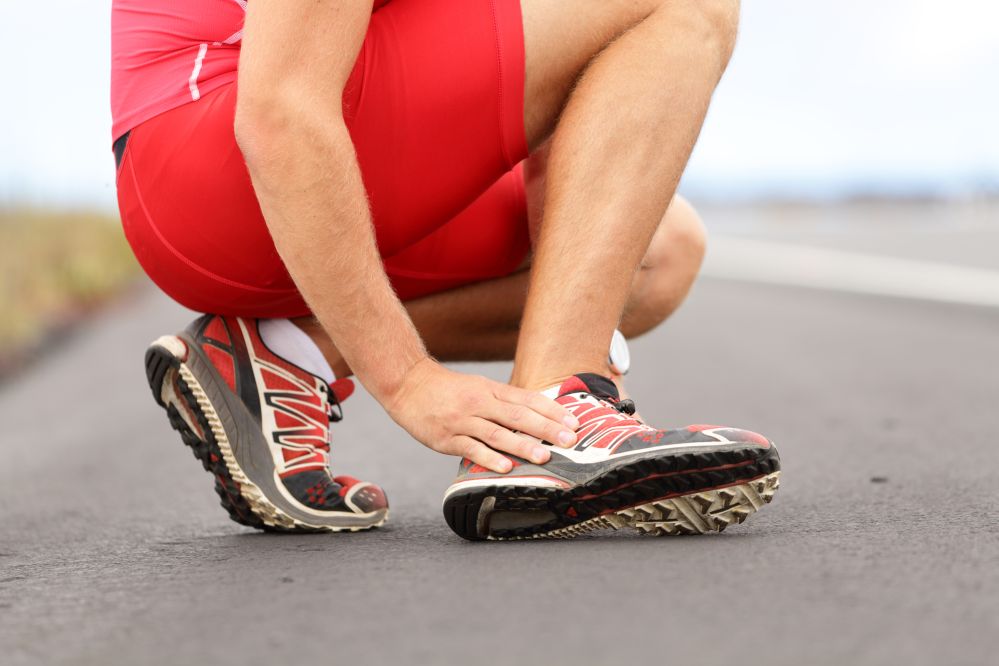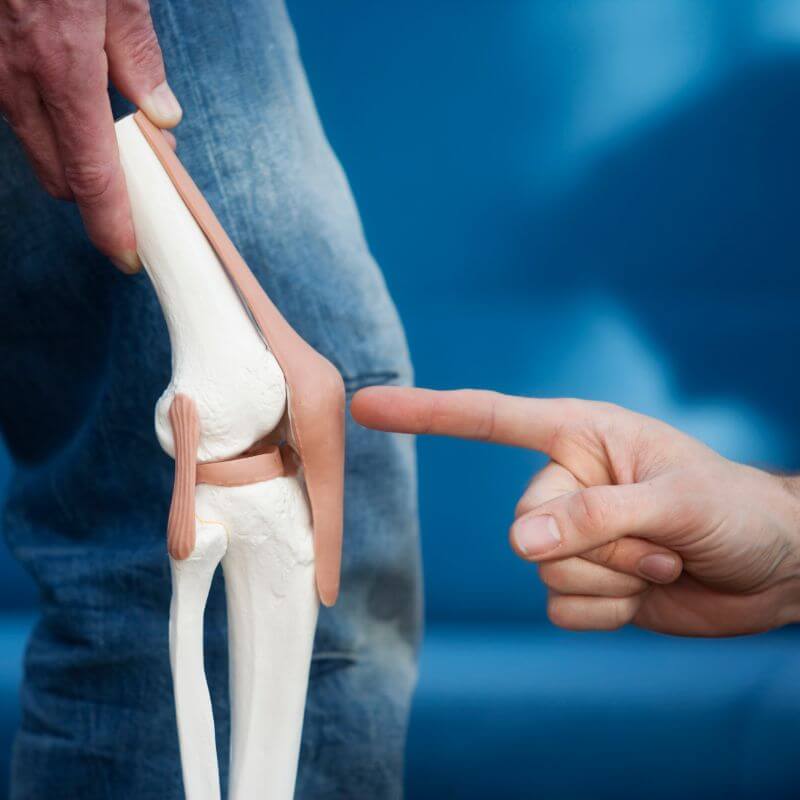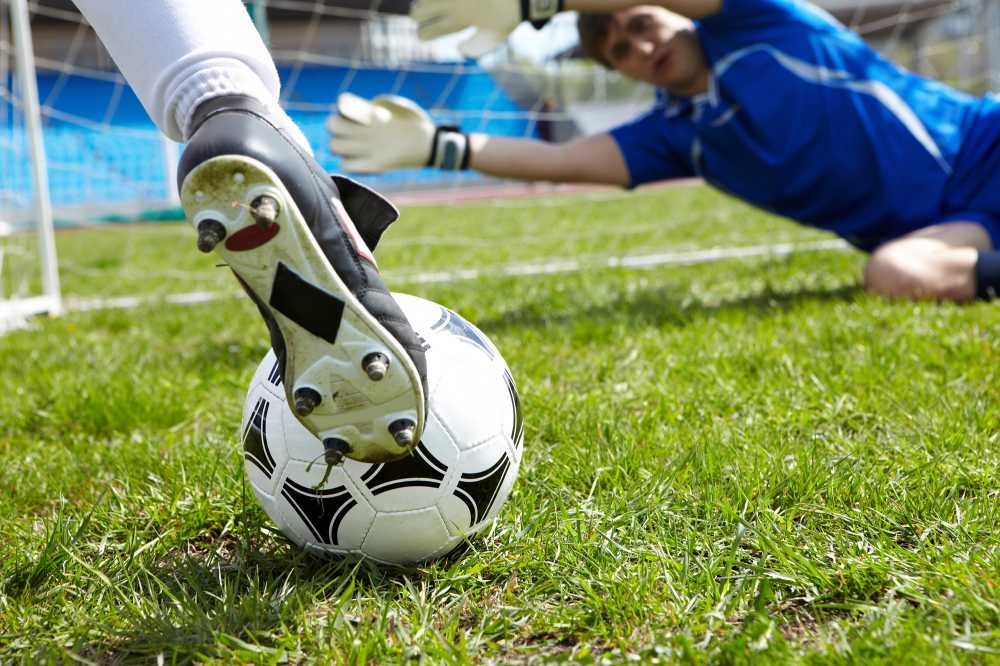Contrary to popular belief, most injuries do not “just recover” with rest. There are many factors that influence your ability to heal fast, heal well and heal without residual de-conditioning.
Here are three of the most common barriers to recovery.
Nutrition
Food Production
Mass food production has prioritised high yields over nutritional value. Unfortunately, most food found at your local supermarket are either processed, laced with chemicals/fertilisers or are subject to soil depletion. The end result is fruit and vegetables which are lower in vitamins and minerals when compared to years earlier.
Toxins
Regular consumption of alcohol, high sugar or artificial colours/flavours all have a negative impact on your general health and recovery. These substances increase inflammation in your body and can increase pain and slow healing.
Solution
- Avoid processed foods, junk food and pretty much anything that is pre-packed if possible.
- Always read the food labels and avoid foods which contain numbers e.g. colour (110)
- Eat a well balanced and healthy diet containing green leafy vegetables, fruits and high quality protein.
- You may need to supplement your diet with good quality vitamins. As a general rule, Vitamin C, Vitamin E, Collagen, Zinc and lean protein can assist.
Stress
In 2014, about 2 in 3 (63%) Australians aged 15 and over reported experiencing at least 1 personal stressor in the previous 12 months, with people in 1-parent families with children being more likely to experience personal stressors (Australian Bureau of Statistics 2014).
Stress causes higher levels of cortisol and other hormones which interferes with the production of anti-inflammatory substances called cytokines. Studies have shown hormone changes increase our blood pressure, blood sugar and cholesterol levels, which can affect the healing process. Changes also occur to the chemicals around an injury site due to stress, leading to impaired immune function and delayed healing (Godbout & Glaser, 2006; Ross & Thomas, 2010).
Solution
- Start exercising e.g. Yoga, breathing exercises, meditation, general exercise and mindfulness practise.
- Laugh more and spend time with friends and family. Laughter causes the release of endorphins.
- Listen to your favourite music or music designed to relax the body
Muscle Imbalances
After an injury, you would of noticed that you move differently because of changes in pain and muscle guarding. This altered movement pattern will cause some muscles to work harder, some muscles not to work properly and can result in tissue overload.
Example
- Have you ever sprained your ankle, limped around for a few days or weeks and started to notice pain develop in your opposite hip? This is because you have been offloading your injured ankle and increased the demand on your opposite hip.
- Your sprained ankle continues to ache with increased physical demands such as running. If you have not undertaken physiotherapy treatment/rehabilitation, you quite likely have residual ankle joint stiffness, reduced proprioception and muscle strength/endurance. This is the reason your pain does not seem to go away.
Solution
Consult a Physiotherapist and get a comprehensive assessment to determine underlying muscle imbalances, changes in tissue sensitivity and develop a rehab program. This will help you fully recover and also prevent future injuries.





